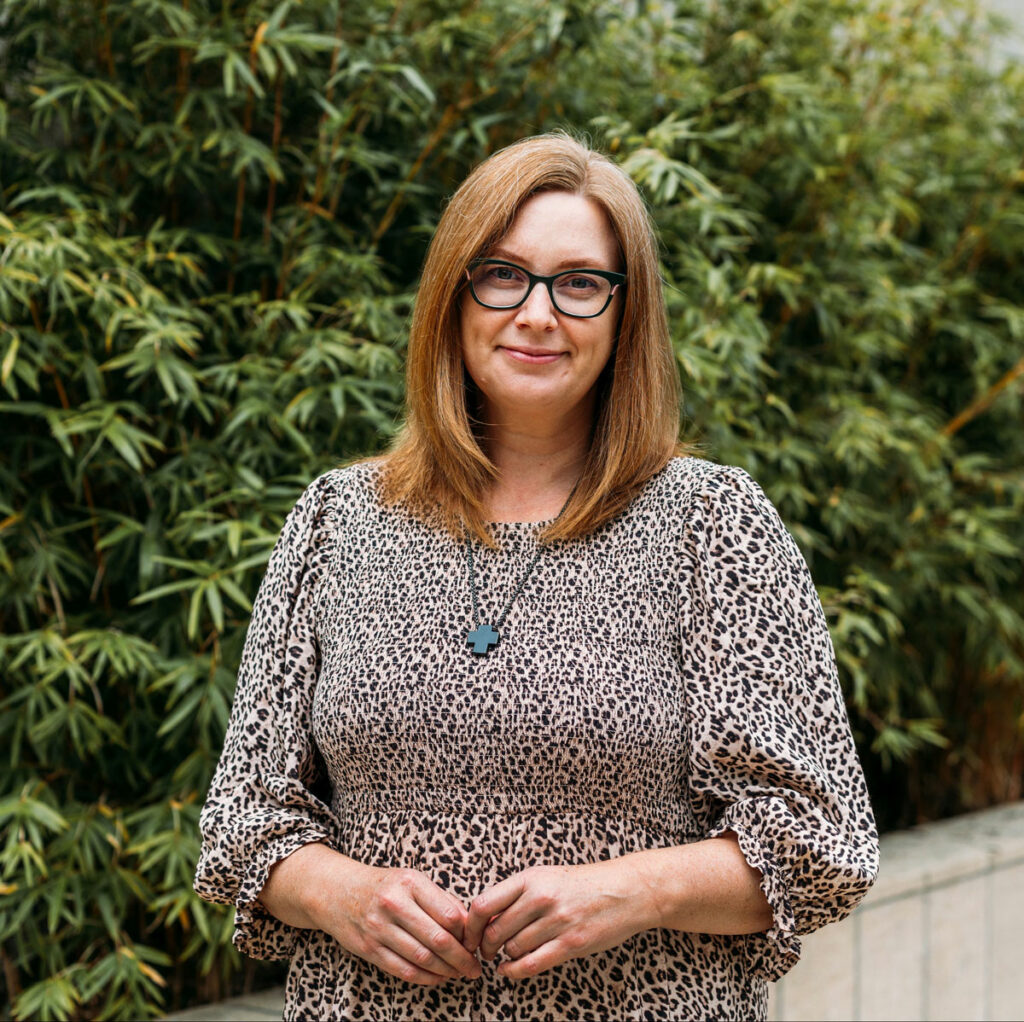
Wellington Eye Centre Optometrist
In the age of modern medicine, recovering from laser eye surgery has never been easier! In New Zealand, we are lucky enough to have access to a variety of medications that will improve your recovery, as well as the support of Dr Logan and the team at the Wellington Eye Centre.
If you are curious about what to expect after laser eye surgery or about common eye medications, this informative blog will tell you all you need to know.
Systane Ultra UD (Preservative Free) lubricating eye drops.
In preparation for your surgery, we want to ensure your cornea is in optimal condition. Including ensuring there is adequate lubrication to promote healing and to minimise any dry eye symptoms. Having dry eyes is very common and can lead to inflammation and damage to the eye’s surface. To avoid this, Dr Logan recommends patients use Systane Ultra (Preservative Free) lubricating eye drops four times a day for two weeks before surgery. This helps to prepare your cornea before surgery and will help with post-operative healing.
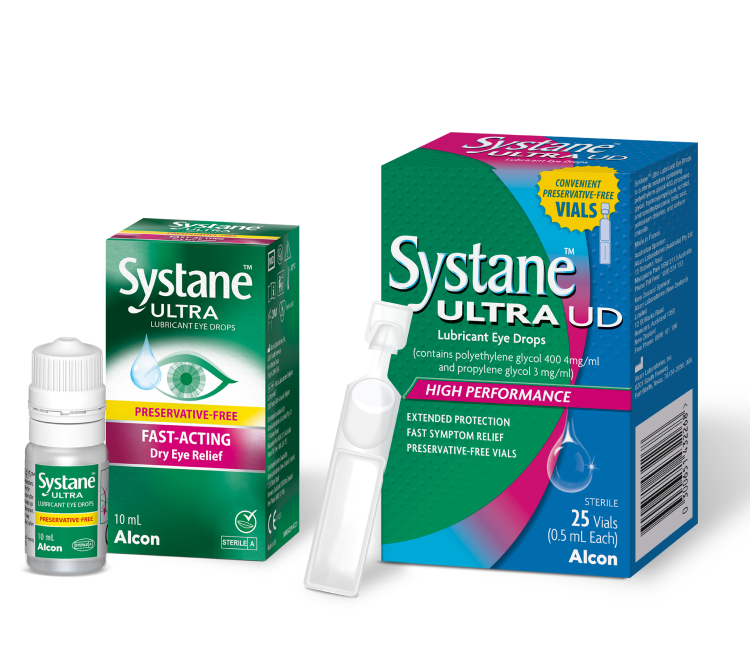
Due to the frequency of eye drop use, you must use preservative-free eye drops. This helps prevent irritation or a reaction from the preservatives found in many eye drops.
After your surgery, lubricating eye drops will continue to be very important. Some dry eye symptoms are normal after surgery while your eyes recover. This may feel stingy, scratchy, tired, irritated or like you have something in your eye. They may get slightly red or watery, and you may be more light-sensitive. But fear not! Your lubricating eye drops are here to save the day! Continue using them as instructed, or more frequently if needed. But if you are concerned or need further advice, our friendly and experienced team are always here to help.
Omega-3 Supplements
In the lead-up to surgery, we recommend you take an Omega-3 supplement. Omega-3 supplements can improve and prevent dry eye disease by reducing inflammation and increasing the quality and production of Meibum. Meibum is an oily secretion produced by the Meibomian Glands in your eyelids. Meibum makes up the outer lipid layer of your tear film and comprises various components, including Omega-3 fatty acids, which spread over the surface of our tears to prevent them from evaporating. When this lipid layer of the tear film is inadequate, moisture evaporates more quickly from our eyes, leading to dry eye symptoms. Therefore, taking an Omega-3 supplement helps to reduce post-operative dry eyes. We recommend Krill Oil as our preferred supplement due to its superior bioavailability. However, you can also take Fish Oil, or if you are vegetarian/vegan, Flaxseed or Hempseed Oil will do the job!
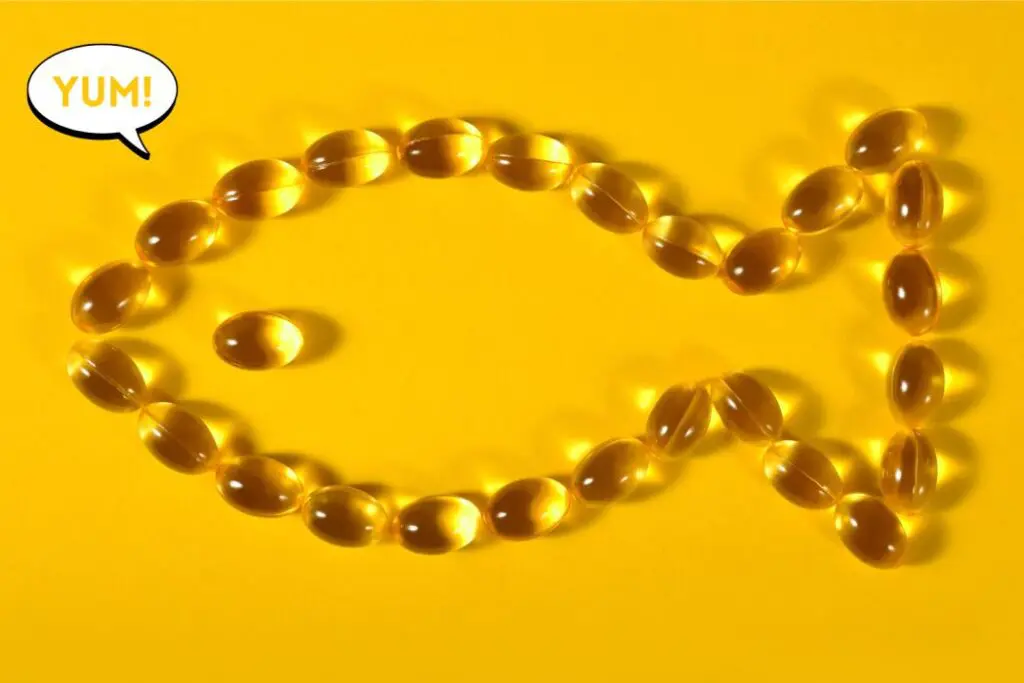
Most people can take Omega-3 supplements, but not everyone. You may not be able to take Omega-3 supplements if you are on blood thinners such as Warfarin, have a bleeding disorder or have allergies to the ingredients. Please let us know, and Dr. Logan can discuss this with you before surgery.
Tetracaine 1% (Local Anaesthetic Eye Drops)
Before surgery, we will apply local anaesthetic eye drops to numb the surface of your eye. This ensures that your surgery is comfortable and pain-free. The active ingredient is Tetracaine Hydrochloride 1%, and it works by temporarily blocking nerve impulses along the nerve axon. This means these impulses cannot be sent to your brain, where it would normally interpret these signals as pain or touch. Although the cornea of the eye is densely innervated, Tetracaine 1% is highly effective in blocking the corneal nerves. It lasts for around one hour after application, so your eyes will remain completely numb for the entire procedure. As with all the medications we use, it is important to tell Dr. Logan if you have ever had an allergic reaction to any local anaesthetics.
Povidone – Iodine:
At the beginning of your procedure, we apply an antiseptic called Povidone–Iodine to the surface of your eye. It has bactericidal, sporicidal, fungicidal and virucidal properties, which means it is very efficient at killing any “bugs” that might be on the surface of your eye.
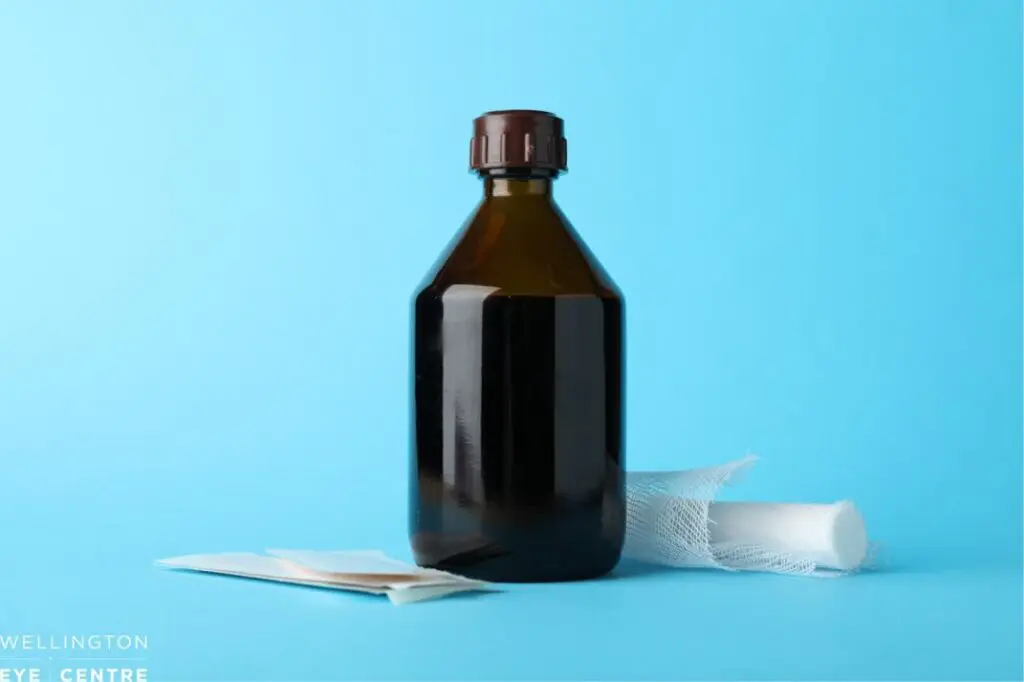
Normally, Iodine would sting when it gets into the eye, but you won’t feel it because of the local anaesthetic. It is yellowish-brown in colour so you may notice when you blink that it momentarily turns your vision yellow. If you have ever had an allergic reaction to Iodine, please let us know prior to surgery. If you have never had Iodine on your skin, our Ophthalmic Technicians will do a skin patch test before surgery.
Mitomycin C
In PRK surgery, Dr. Logan may apply an anti-scarring medication, Mitomycin C, to your cornea. This is applied for 20 to 30 seconds, then rinsed off with saline. This is painless, and it helps prevent the keratocytes (skin cells) of the cornea from scarring, reducing the risk of post-operative haze and leading to better outcomes for PRK recovery.
Maxitrol (Medicated Eye Drops)
After surgery, you will be given Maxitrol, a medicated eye drop. This needs to be used four times a day. Try and spread these out throughout the day, it’s often easier to remember to use them if you tag them onto an activity, eg, breakfast, lunch, dinner and bedtime. Maxitrol contains neomycin and polymyxcin B, which are antibiotics used prophylactically after surgery to prevent bacterial infection. Maxitrol also has dexamethasone in it, which is a glucocorticosteroid used to reduce postoperative inflammation. For SMILE and LASIK patients, you will use Maxitrol drops for seven days after surgery. Whereas for PRK patients, you will use Maxitrol for 7 to 10 days, or until advised to stop.
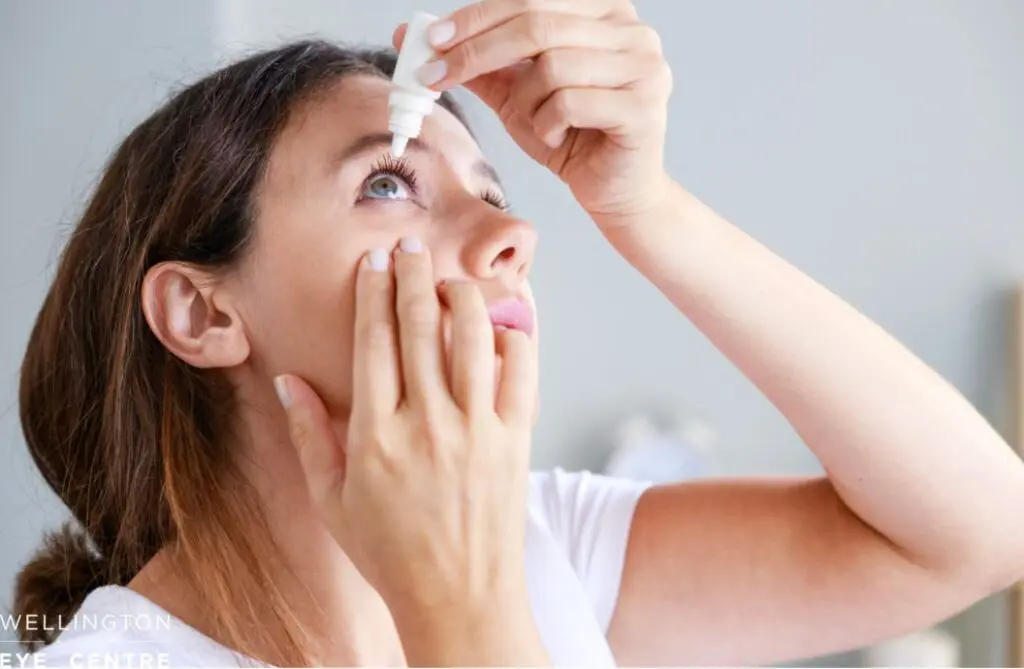
Maxitrol is generally well tolerated and is easy to apply. However, if you are allergic to any of the medications or ingredients in Maxitrol (Aminoglycosides, polymyxin antibiotics or corticosteroids), be sure to discuss this with Dr. Logan before surgery.
Acular (Medicated Eye Drops)
For our PRK patients, you’ll also be using Acular. This contains the drug ketorolac trometamol, which is a non-steroidal anti-inflammatory drug. It decreases prostaglandin levels in the eye and reduces ocular inflammation and discomfort after surgery. Prostaglandins are hormones produced in response to tissue damage or injury and are thought to be associated with pain and inflammation. Therefore, by suppressing prostaglandin levels in the eye, you reduce ocular discomfort and inflammation. Dr. Logan normally prescribes Acular four times a day for 48 hours after PRK surgery.
It is generally well tolerated, but if you have ever had an adverse or allergic reaction to Non-Steroidal Anti-inflammatory drugs, please let us know before surgery.
FML (Fluorometholone 0.1%) Medicated Eye Drops
FML is a medicated eye drop containing Fluorometholone 0.1%, which is an anti-inflammatory glucocorticosteroid. It reduces pain and inflammation of the cornea and conjunctiva of the eye. For PRK patients, you will switch to FML after finishing your course of Maxitrol drops. This is to continue the anti-inflammatory properties of Maxitrol, which can only be used short-term. SMILE and LASIK patients have a quicker recovery and less post-operative inflammation, so they are not routinely put on FML. Whereas, the recovery time for PRK is longer and can be less comfortable without continuing anti-inflammatory medications. Your Optometrist will assess your healing at your week 1 follow-up and prescribe FML if required.
Paracetamol
Paracetamol is a well-known and widely used painkiller. It is an effective analgesic for mild to moderate discomfort but often gets a bad rap due to being “common”. Whilst there may be more exciting and exotic pain-relieving drugs on the market, they often come with unwanted side effects and are not necessary for something as minimally invasive as laser eye surgery. For most people, laser eye surgery only causes very mild discomfort for a short period of time.
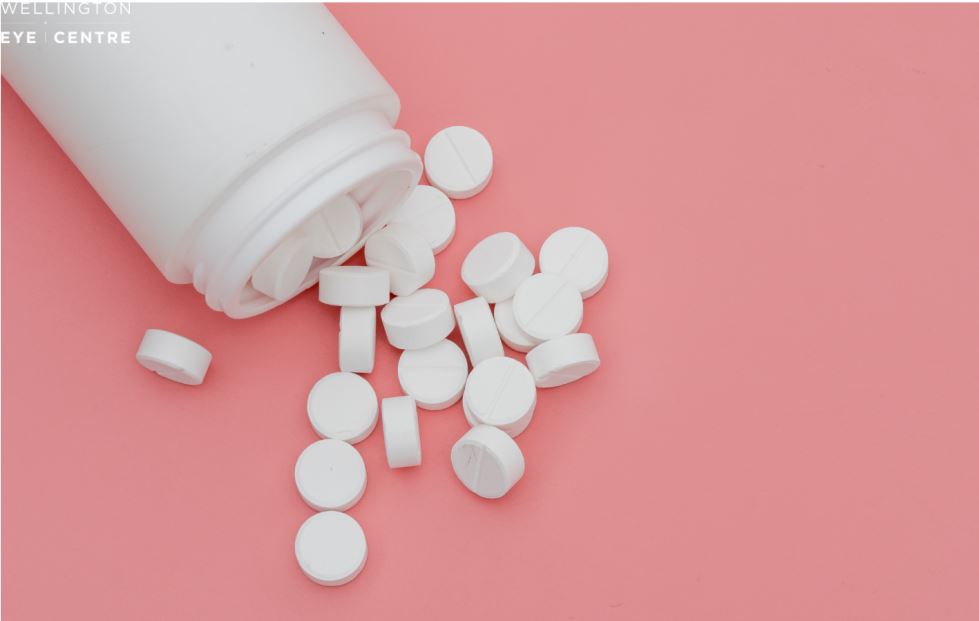
We ask you to take two 500mg tablets of paracetamol 1 hour before surgery to help keep you comfortable during the procedure. After surgery, we give you a sheet of Paracetamol to take home with you. In most cases, paracetamol is all you will need for pain relief after laser eye surgery, and is only needed for the first 6-10 hours post-op. You can take two tablets, 1000mg, every 4 to 6 hours. If you are experiencing pain or discomfort that is not well managed by over-the-counter medications like paracetamol and ibuprofen, it is best to let us know. We can then organise to see you in the clinic and prescribe other medications if needed.
Zopiclone (Sleeping Tablet)
Zopiclone sleeping tablets are given to our PRK patients for the first couple of nights after their surgery. This is to prevent any discomfort from disrupting your sleep. No one wants to be lying there wide awake at 3am! Good sleep is important for our mental and physical well-being and aids in tissue healing and recovery, so we want to ensure our patients get a comfortable and restful nights sleep after their PRK procedure.
Zopiclone is optional – you don’t have to take it unless you feel you need them. If you have never had sleeping tablets before or are sensitive to sedatives, we recommend starting with half a tablet (3.75mg) and then taking the other half in one hour if you are still wide awake. The maximum dose is one tablet (7.5mg) per night.
Ativan (Lorazepam)
We promise you that laser eye surgery is not as scary as it sounds! You are in very experienced and caring hands, and the surgery itself is quick and painless. But we also understand that the idea of laser eye surgery can be daunting! So Dr. Logan can prescribe a calming medication called Ativan for you to take prior to surgery if you are nervous.
Ativan is a benzodiazepine that works to calm the central nervous system and reduce symptoms of anxiety. If you would like Ativan, let Dr. Logan know so he can write you a prescription for your local pharmacy. On the day of your surgery, we recommend taking half the tablet just before you come in and bring the other half with you. We’ll then check in with you and discuss if you need to take the second half. Most people find that half a tablet is enough to calm their nerves. Ativan can make you feel quite sleepy and can affect your coordination, so it is good to have a support person to go home with you afterwards.
Other Medications
There are, of course, other medications that are prescribed by our Optometrists or by Dr. Logan when necessary, and this is done on a case-by-case basis. If you have any questions about a medication prescribed to you, our friendly team is always a phone call away and are happy to answer any questions you may have!
If you’d like to learn about laser eye surgery, then check out our other blogs about LASIK or SMILE surgeries. You can also book a free assessment or call us on 0800 733 327 for more information.
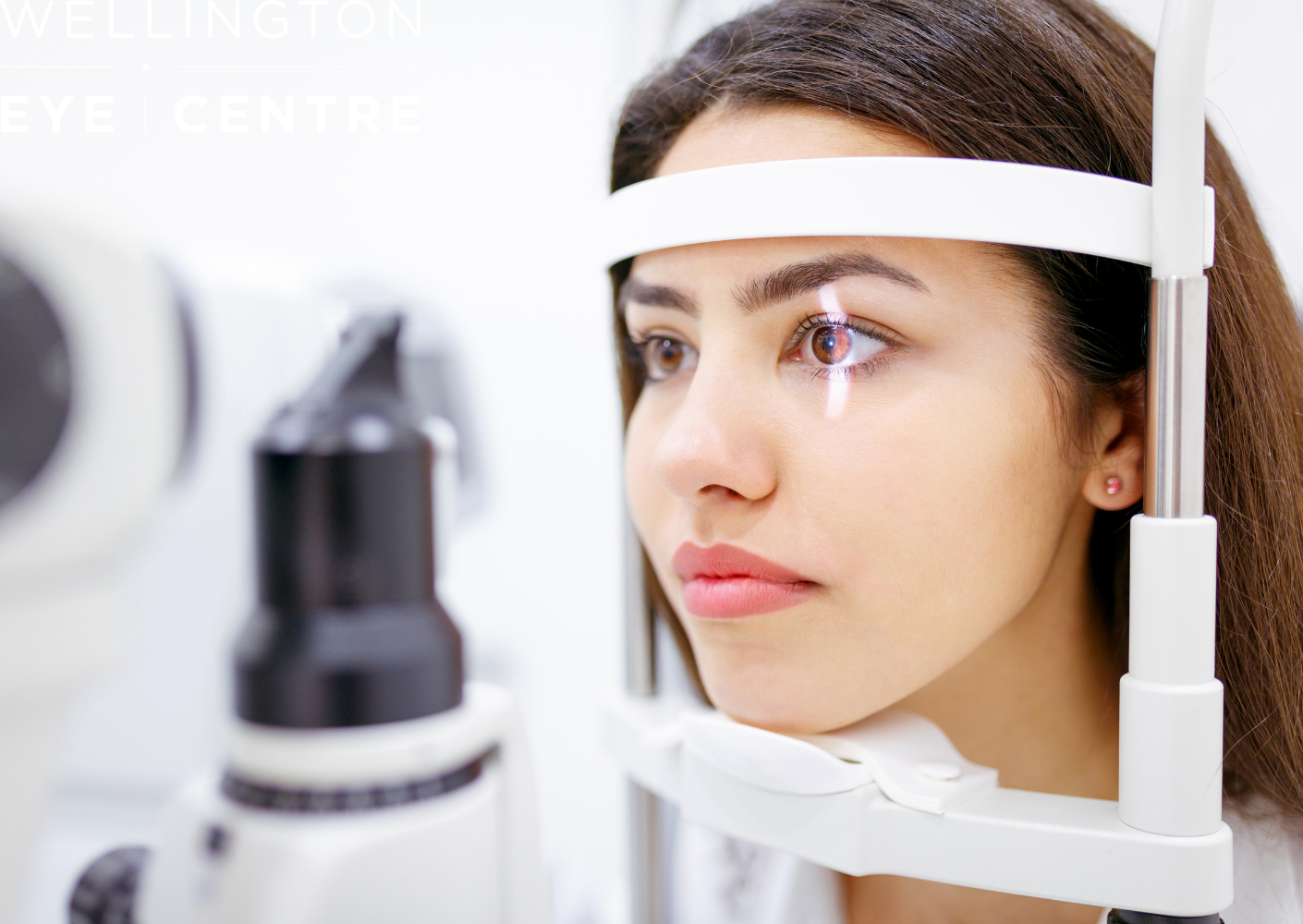
What to expect during your Laser Suitability Medical Assessment at Wellington Eye Centre
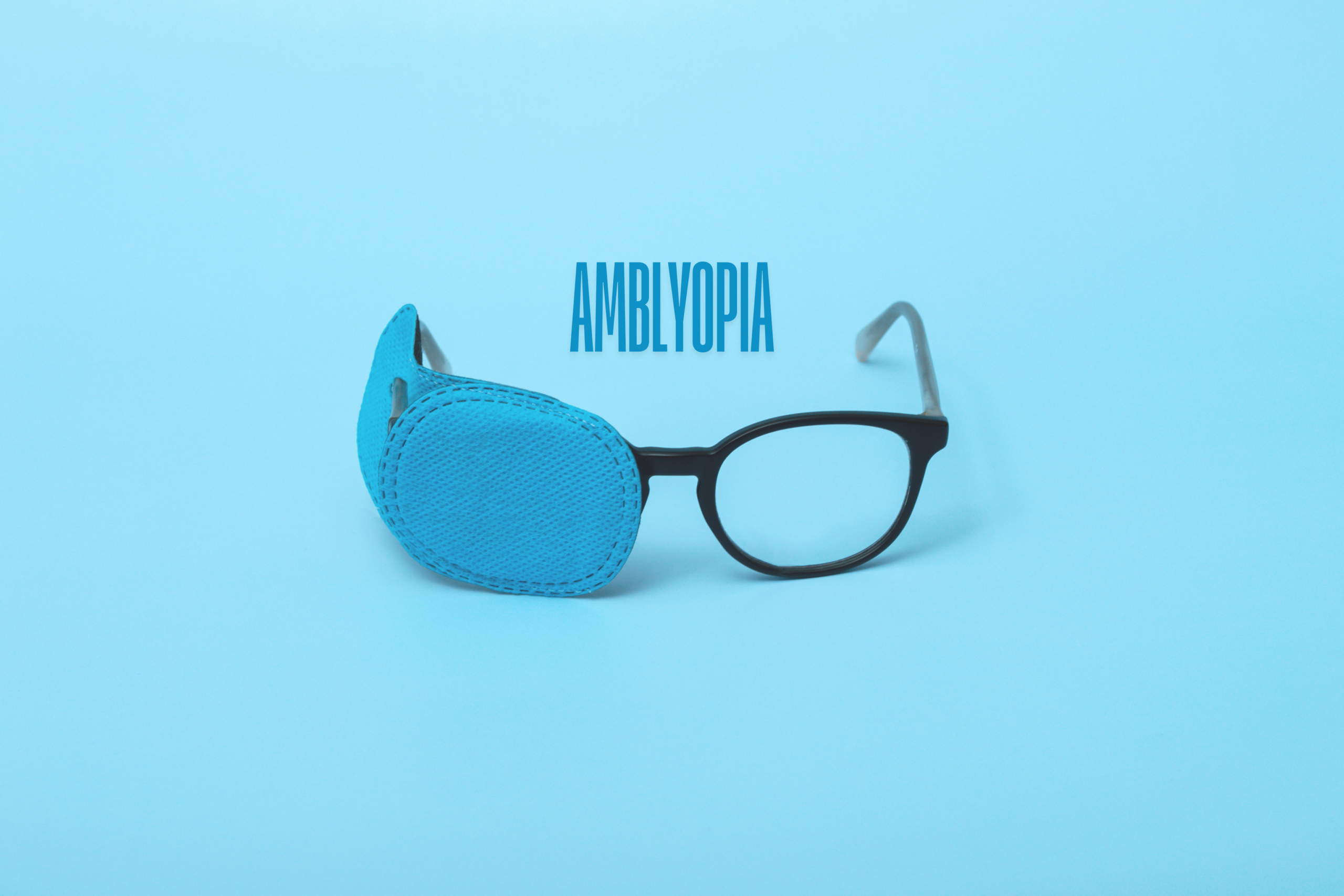
Amblyopia and Laser Eye Surgery

How Much Does Laser Eye Surgery Cost in 2025?
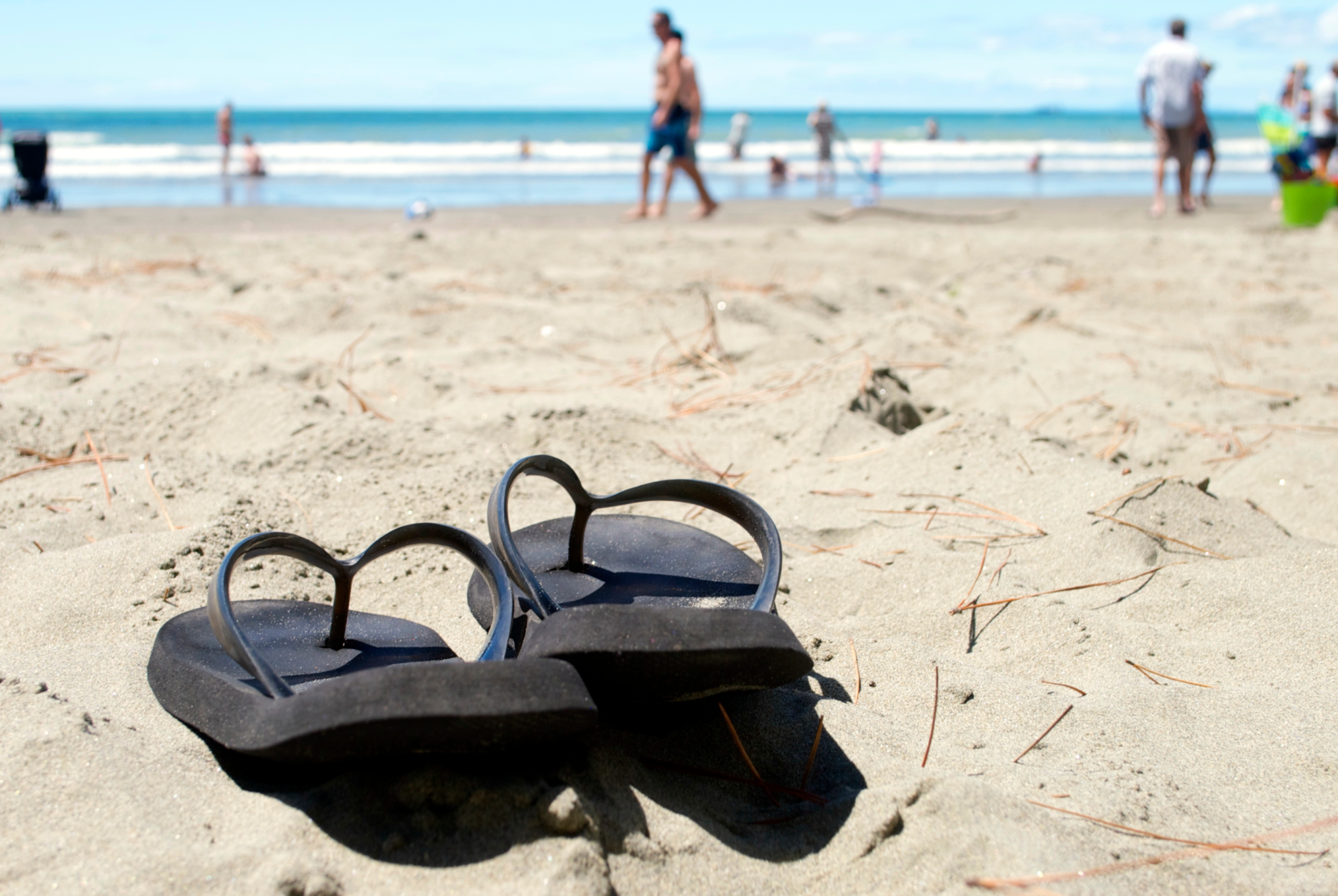
SMILE into Summer
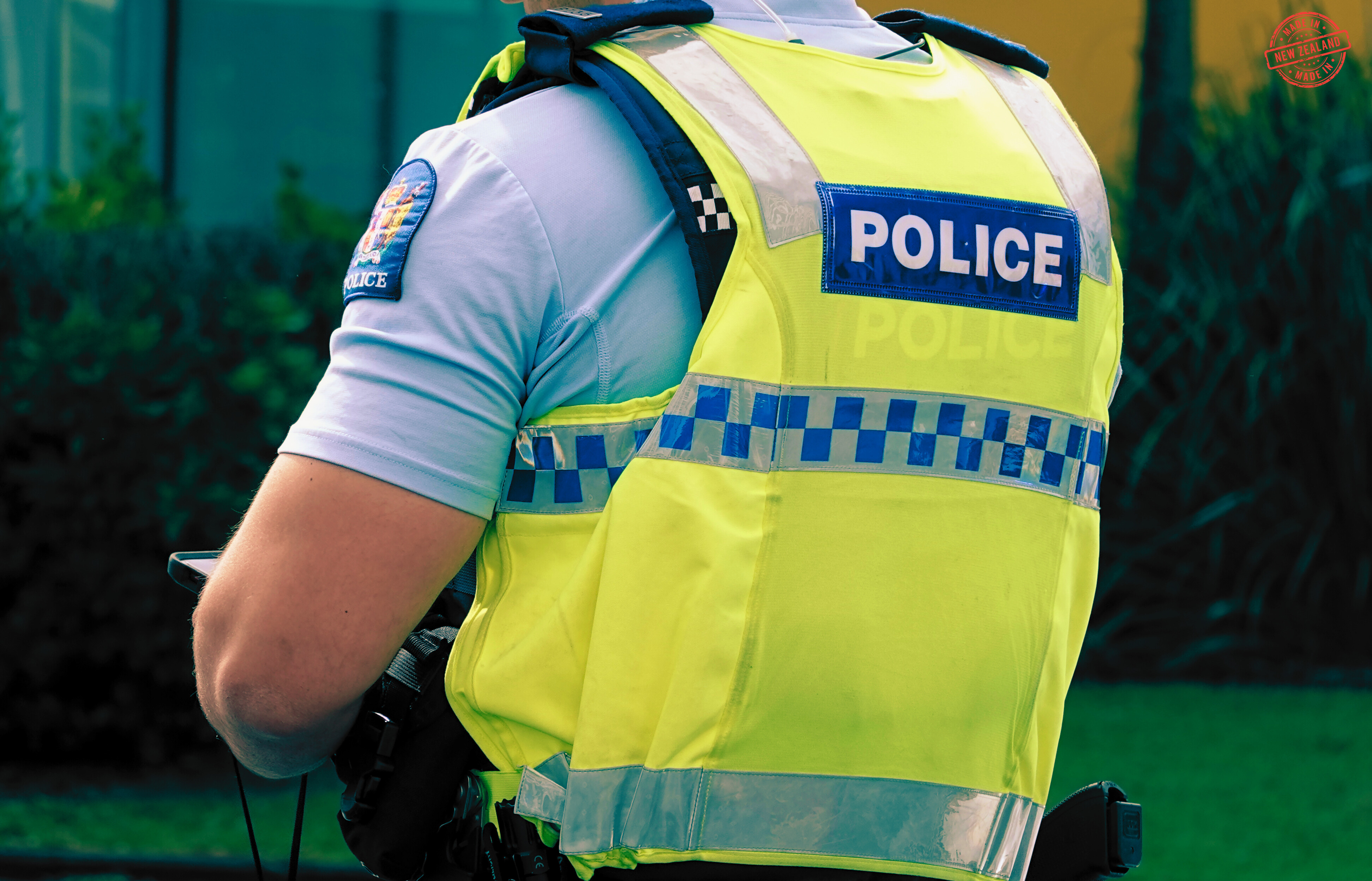
What are the visual requirements to join the Police in NZ?

Everything You Need To Know About Dry Eye

What to expect during your Laser Suitability Medical Assessment at Wellington Eye Centre
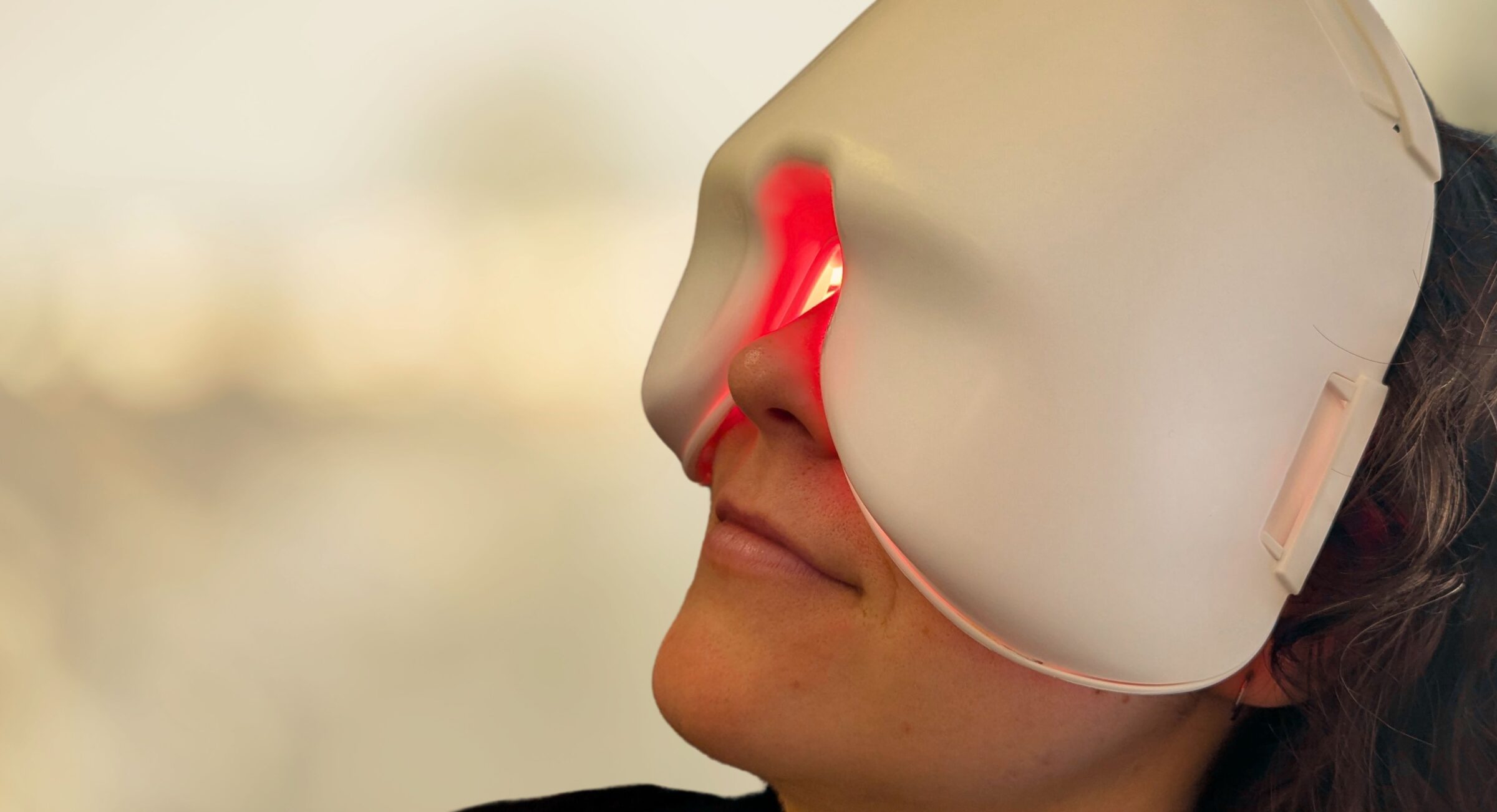
Low-Level Light Therapy for Dry Eyes

Common Medications Used in Laser Eye Surgery

